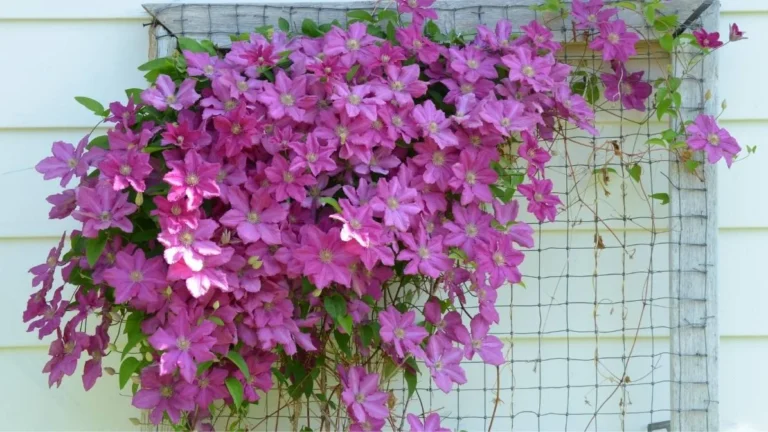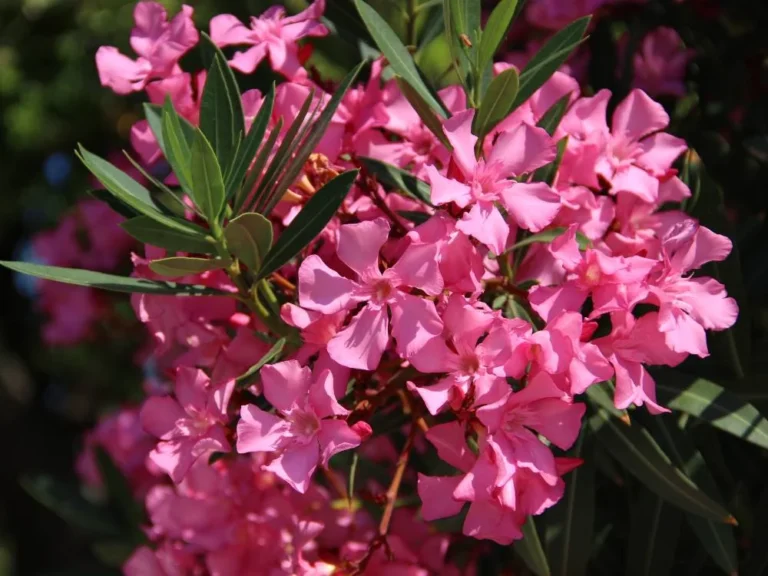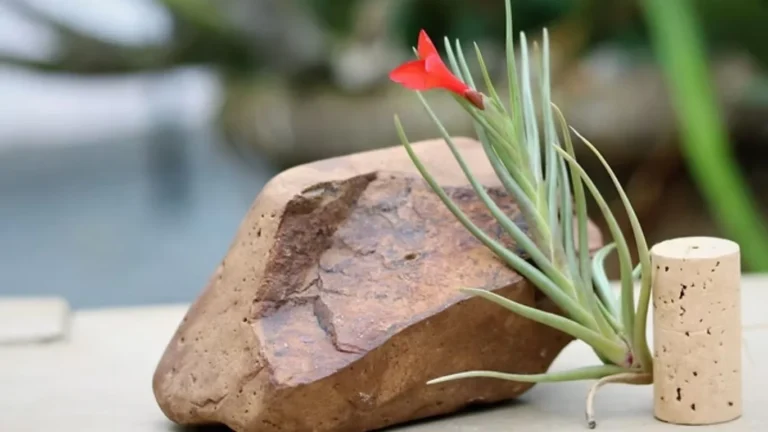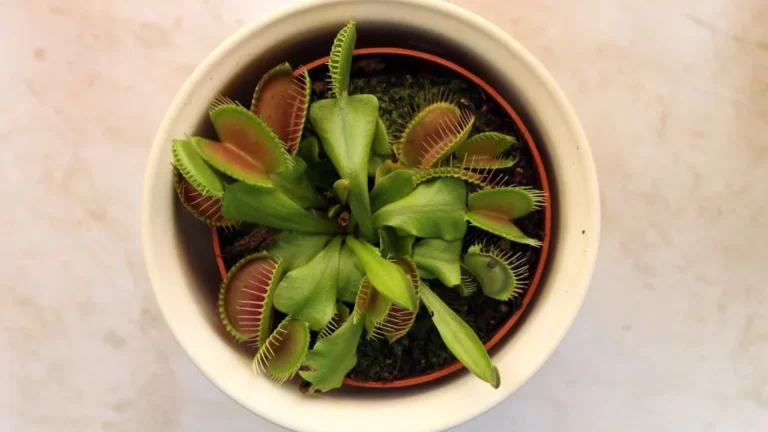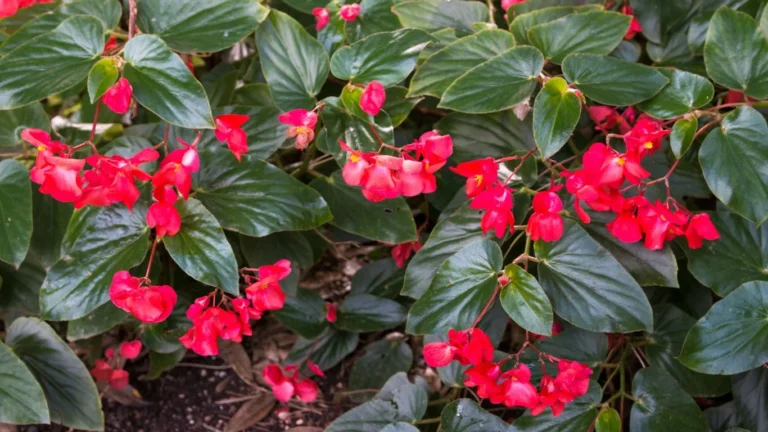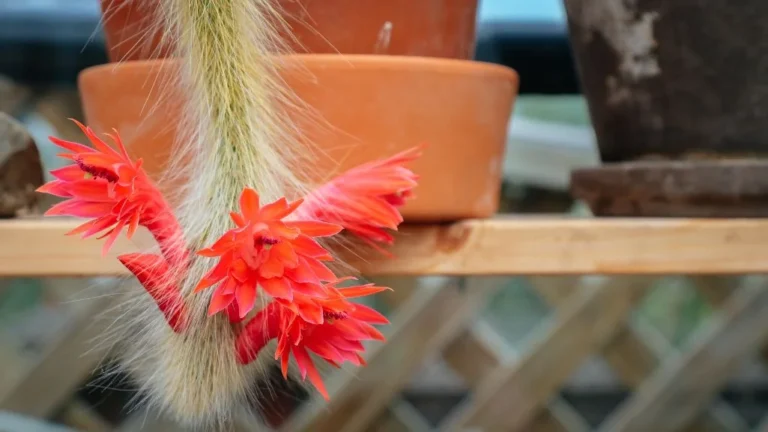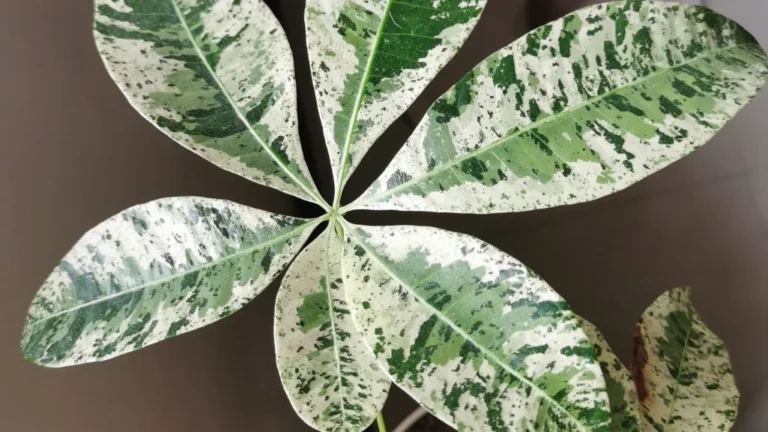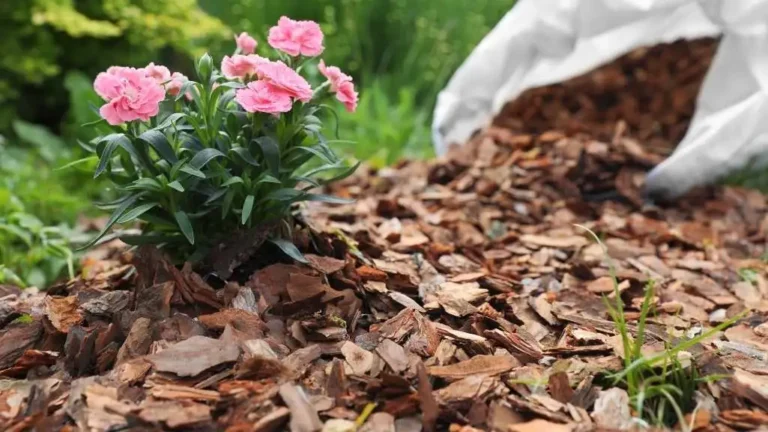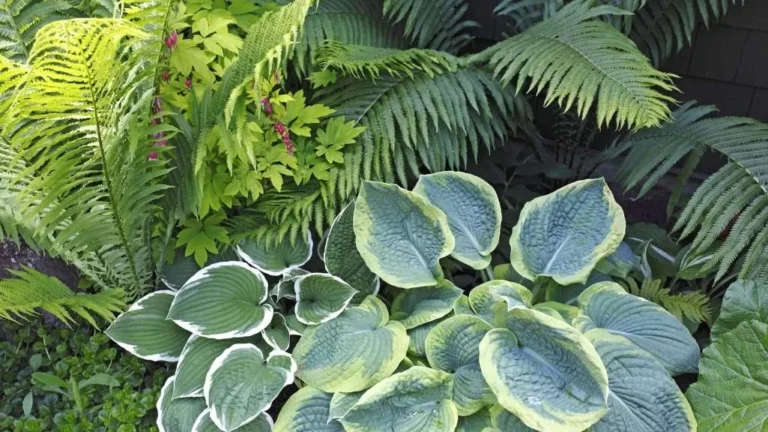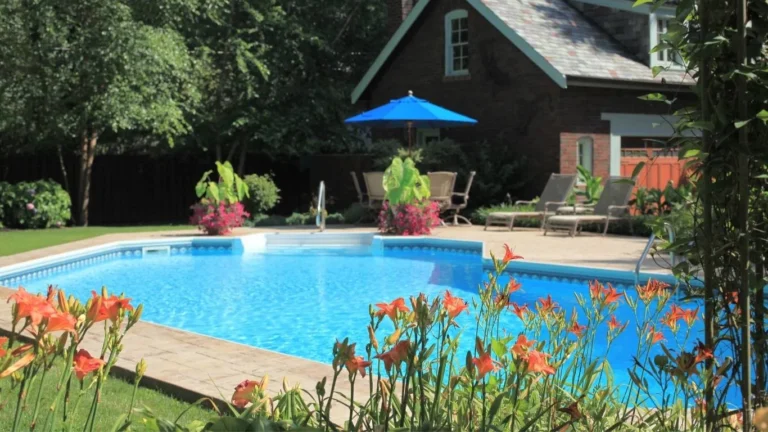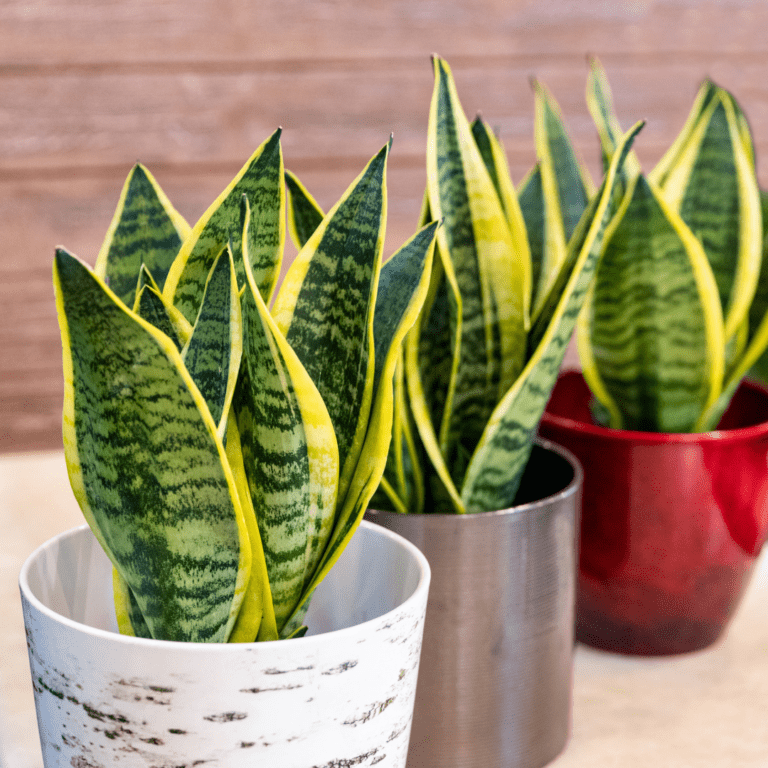
Light: low to bright, indirect light.
Soil type: well-drained, cactus or succulent soil mix.
Water requirement: Allow the soil to completely dry out before watering.
Benefits of Snake Plant
- Clean the air by removing toxins like formaldehyde and benzene.
- Release oxygen at night, improving air quality and promoting better sleep.
- Help to add moisture to the air.
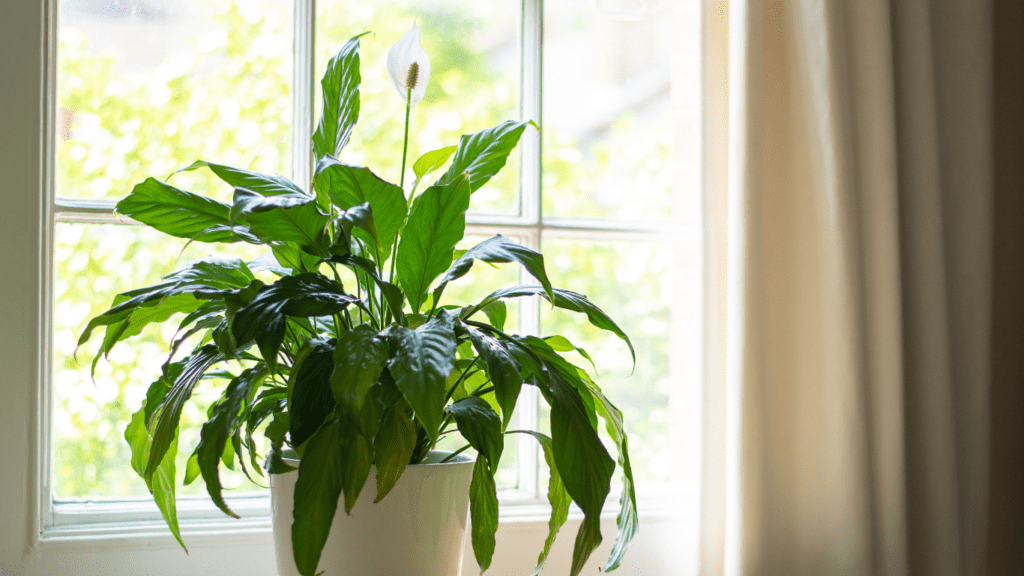
Light: Prefers indirect light but can tolerate low light conditions.
Soil type: Thrives in well-draining, moist soil.
Water requirement: Keep soil consistently moist but not waterlogged.
Benefits of Peace Lily
- Removes toxins like benzene, formaldehyde, and carbon monoxide from the air.
- Improve respiratory health by adding moisture to the air.

Light: Enjoys bright, indirect sunlight.
Soil type: Needs well-draining soil, preferably sandy or cactus mix.
Water requirement : Allow soil to dry out completely between waterings.
Benefits of Aleo vera
- It helps remove toxins like formaldehyde and benzene from the air.
- Promotes better sleep by releasing oxygen at night.
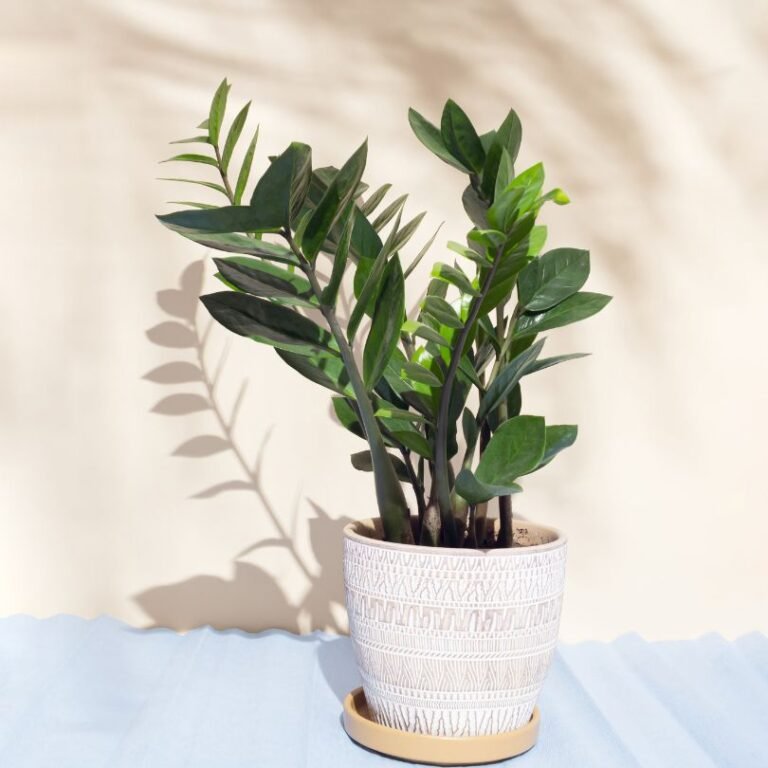
Light: Thrives in low to bright, indirect light.
Soil type: Prefers well-draining soil, such as a cactus mix.
Water requirement: Allow the soil to dry out completely between waterings.
Benefits of ZZ Plant
- Removes toxins like xylene and toluene from the air.
- Qualities like minimal water and light requirement and drought tolerance make this plant easy to care for.

Light: Enjoys bright, indirect light but can tolerate lower light conditions.
Soil type: Does well in well-draining soil.
Water requirement: Allow the soil to dry out partially before watering.
Benefits of Spider Plant
- Removes toxins like formaldehyde and xylene from the air, improving air quality.
- Non-toxic to pets, making it a safe choice for homes with animals.
- Adds moisture to the air, which can benefit respiratory health.
English Ivy (Hedera helix)
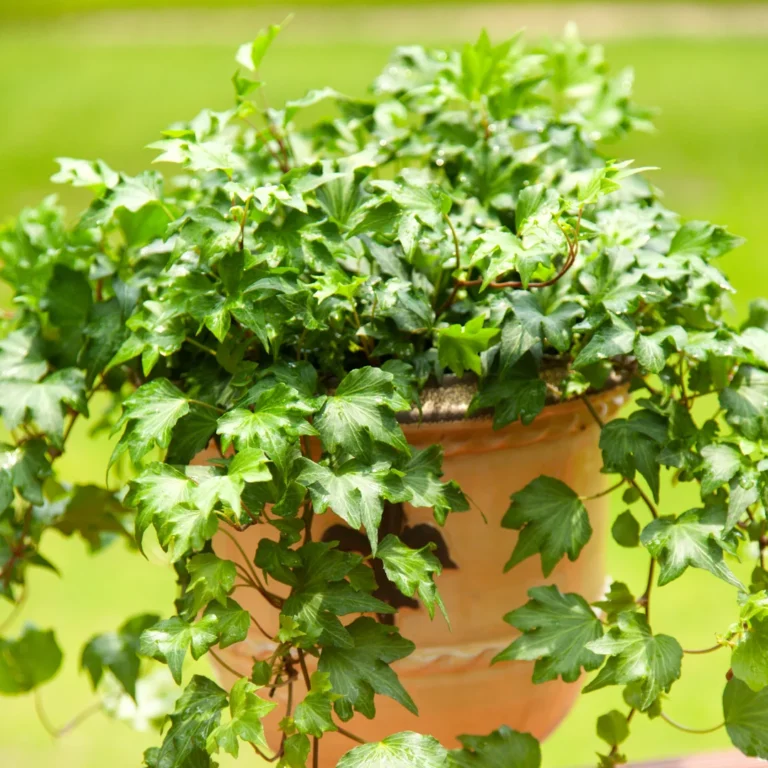
Light: Prefers bright, indirect light but can tolerate some shade.
Soil type: Does well in well-draining soil.
Water requirement: Keep soil consistently moist but not waterlogged.
Benefits of English Ivy
- Removes toxins like mold, benzene, and formaldehyde from the air.
- Helps reduce airborne mold, potentially easing allergy symptoms.
- Adds moisture to the air, benefiting respiratory health.

Light: Prefers bright, indirect light.
Soil type: Thrives in well-draining soil.
Water requirement: Keep soil consistently moist, but avoid waterlogging. Allow the top inch of soil to dry out between waterings.
Benefits of Areca Palm
- Removes toxins like formaldehyde, xylene, and toluene from the air.
- Produces oxygen and filters indoor air, promoting a healthier environment.
Lavender (Lavandula)
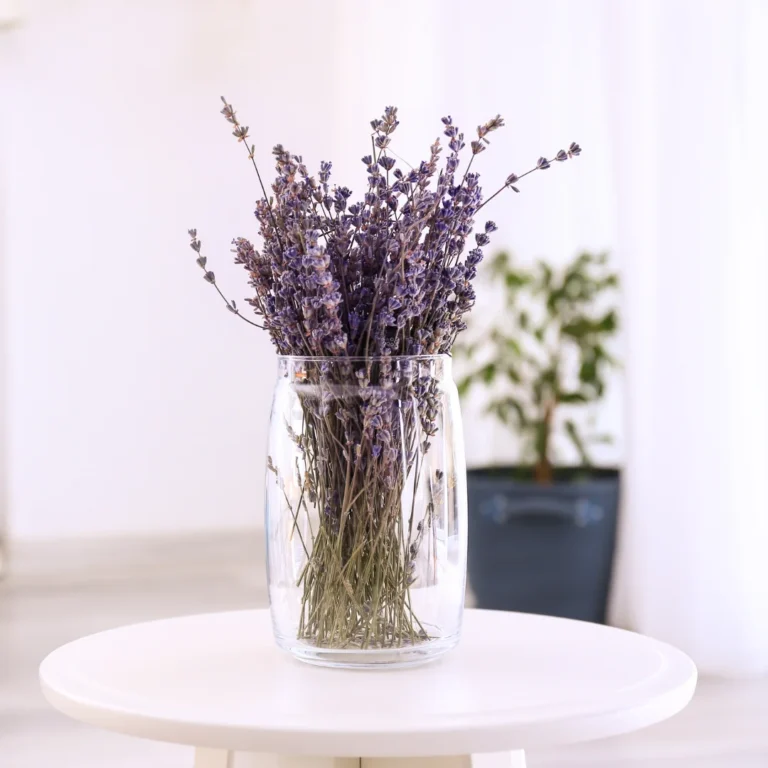
Light: Prefers bright, indirect sunlight.
Soil Type: Flourishes in alkaline, well-draining sandy or loamy soil.
Water Requirement: Allow the soil to dry out before watering.
Benefits of Lavender
- Reduce stress and anxiety, promoting relaxation through its refreshing smell.
- Known to improve sleep by helping you fall asleep faster.
- Naturally repels pests like mosquitoes and moths.

Light: Thrives in bright, indirect light.
Soil type: Prefers well-draining, loamy soil.
Water requirement: Keep soil moist but not waterlogged, allowing the top inch to dry between waterings.
Benefits of Philodendron
- Removes toxins like formaldehyde from the air, improving indoor air quality.
- Adds moisture to the air.
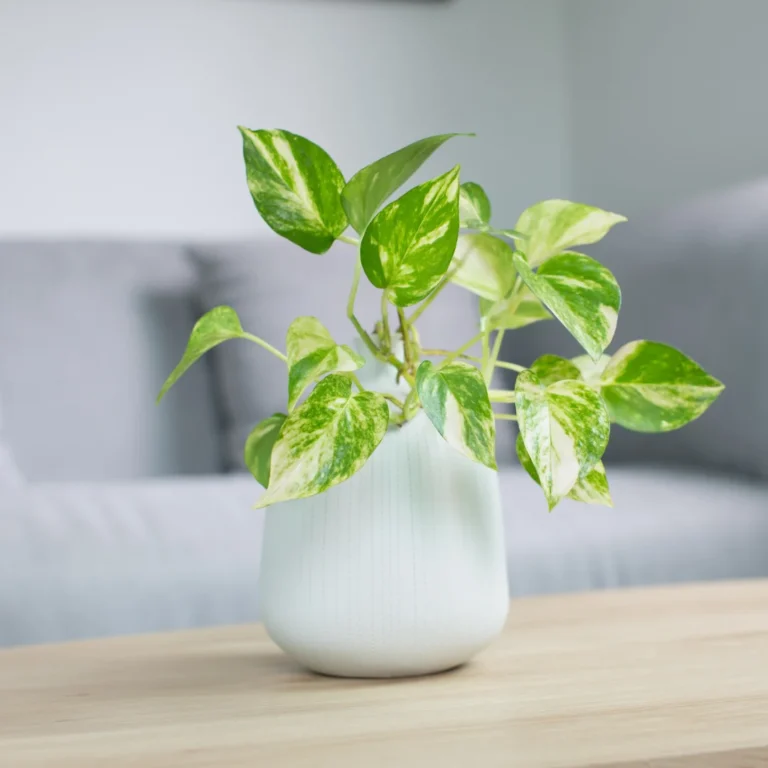
Light: Enjoys low to bright, indirect light.
Soil type: Does well in any well-draining soil mix.
Water requirement: Let the soil dry out between waterings.
Benefits of Pothos
- Removes toxins like formaldehyde, benzene, and xylene from the air.
- Requires minimal care and can thrive in low-light conditions.
- Benefit respiratory health by adding moisture to the air.
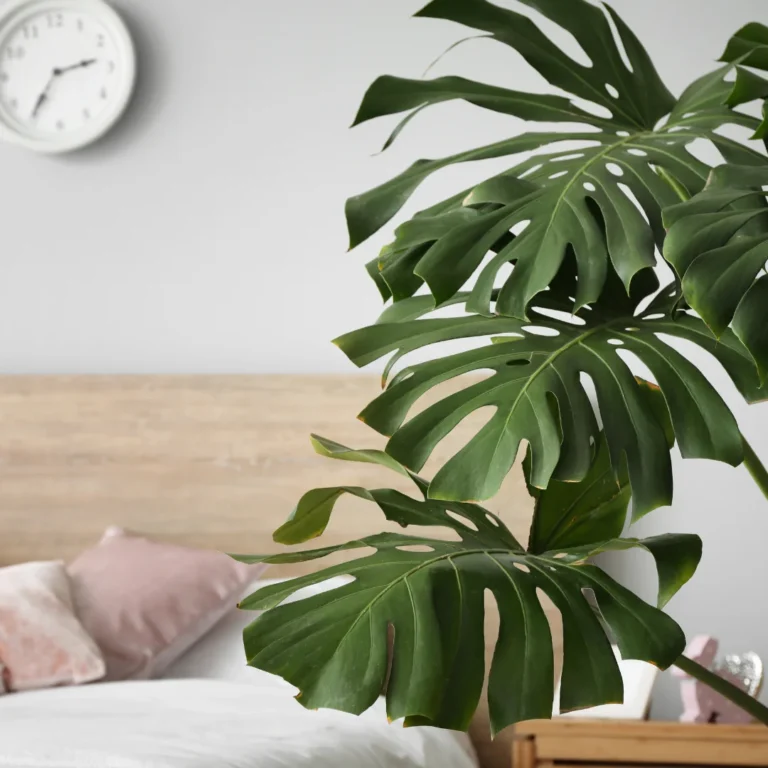
Light: Prefers indirect to moderate sunlight.
Soil type: Thrives in a well-draining, nutrition-rich potting mix.
Water requirement: Allow the soil to dry out between waterings partially.
Benefits of Monstera
- Produces oxygen and helps filter indoor air.
- Removes toxins like formaldehyde from the air.
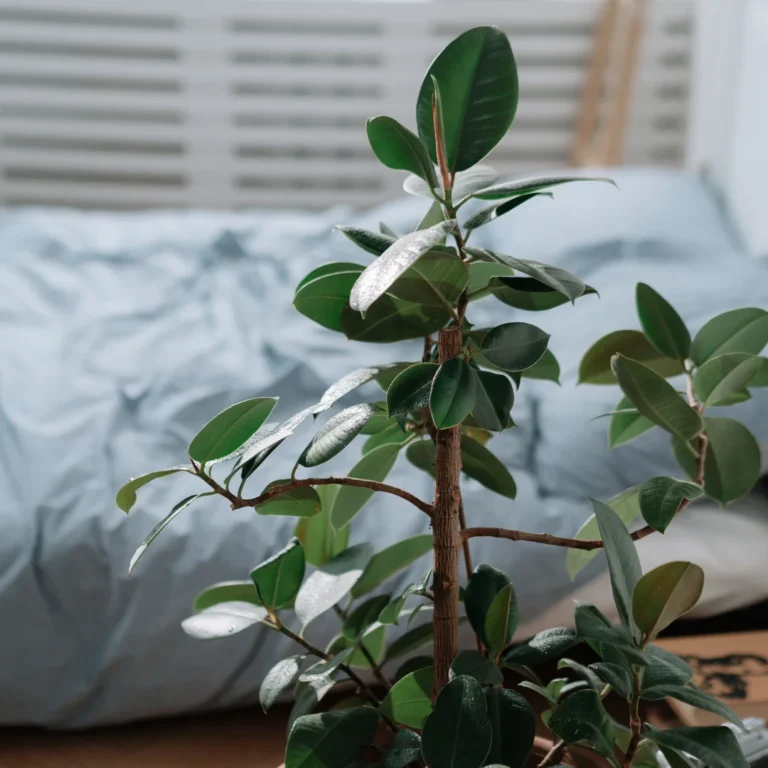
Light: Enjoys bright, indirect light but can also tolerate low light.
Soil type: Does best in well-draining soil.
Water requiremnt: Allow the soil to dry out slightly between waterings.
Benefits of Rubber Plant
- Effectively removes toxins like formaldehyde, enhancing indoor air quality.
- Studies show that rubber plants can reduce stress and improve overall well-being.

Light: Prefers bright, indirect light.
Soil type: Thrives in well-draining soil.
Water requiremnt: Allow the top inch of soil to dry out before watering.
Benefits of Money Tree
- Removes toxins like formaldehyde and benzene, improving indoor air quality.
- Often considered a symbol of good luck and prosperity in many cultures.
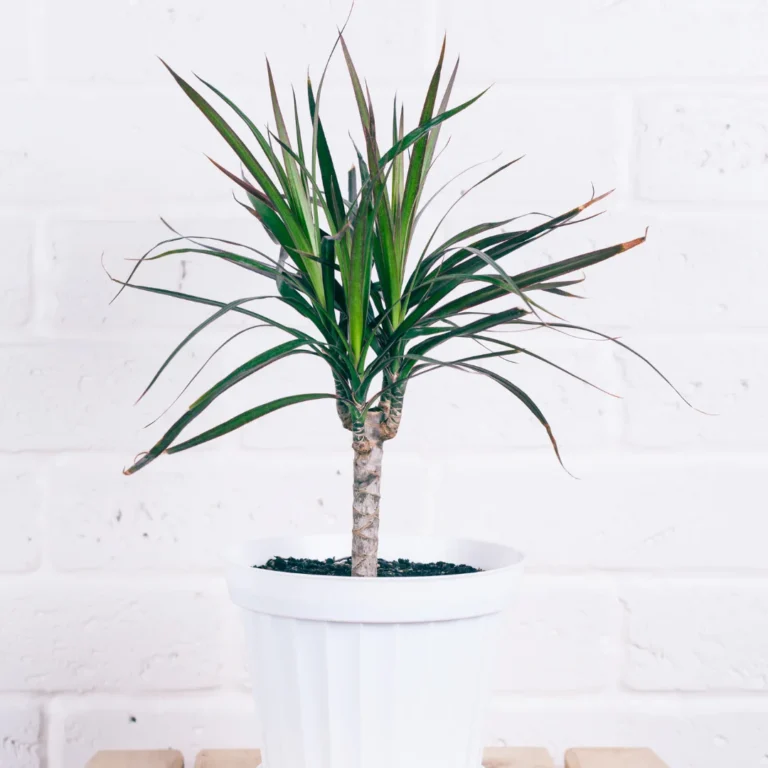
Light: Thrives in bright, indirect light.
Soil type: Prefers well-draining soil.
Water requirement: Allow the top inch of soil to dry out between waterings.
Benefits of Dracaena
- Removes harmful toxins like formaldehyde, benzene, and xylene, enhancing indoor air quality.
- Pet-friendly plant, offering a worry-free option for pet owners.
- Can help reduce stress and create a calming environment.
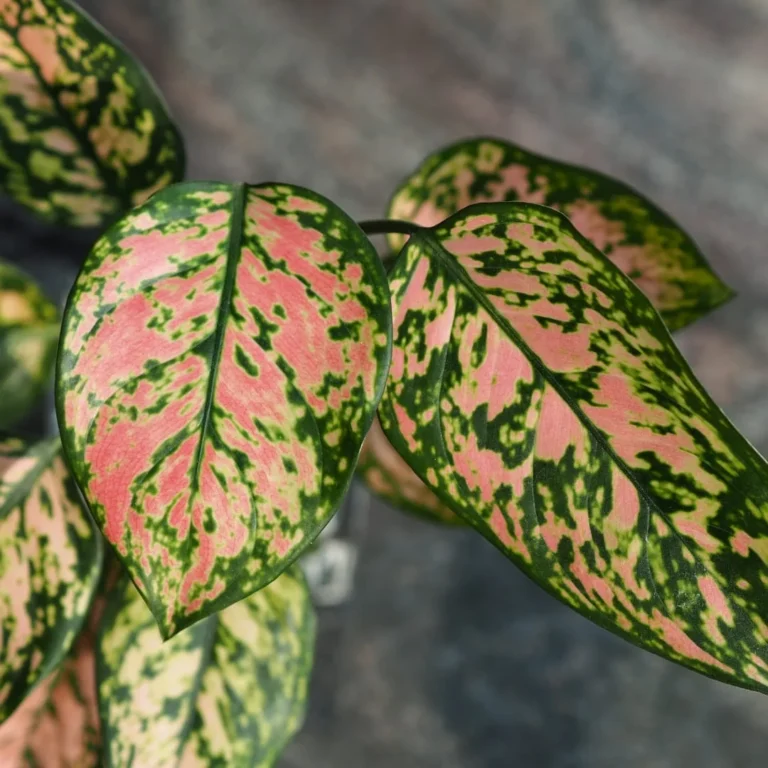
Light: Thrives in low to moderate indirect light.
Soil type: Prefers well-draining soil.
Water requirement: Keep soil consistently moist, but avoid waterlogging. Allow the top inch of soil to dry out between waterings.
Benefits of Chinese Evergreen
- Effectively removes pollutants like formaldehyde and benzene.
- Helps to reduce noise levels by absorbing sound, creating a quieter and more peaceful bedroom atmosphere.
Dieffenbachia Camille
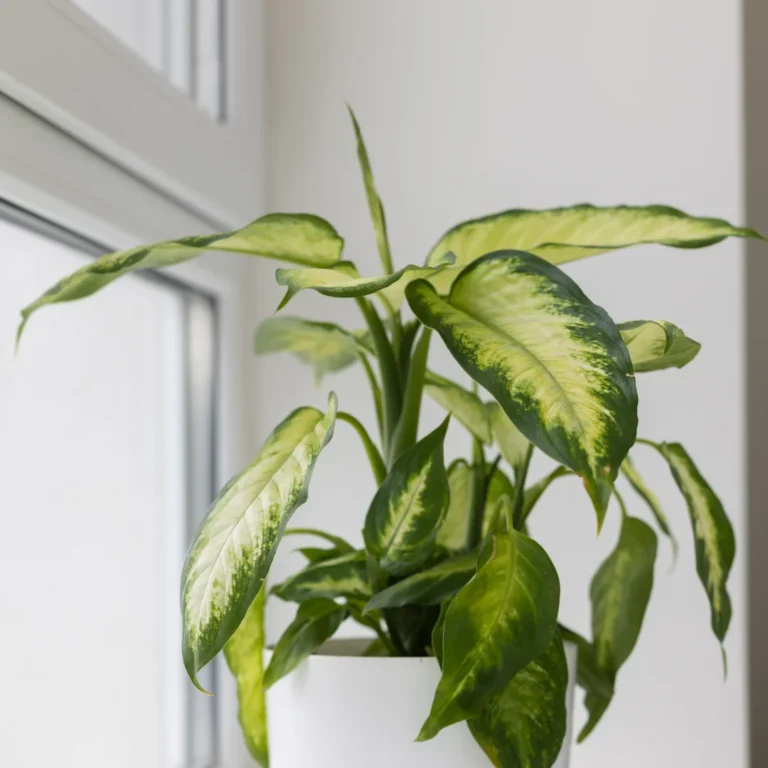
Light: Prefers medium to bright, indirect light.
Soil type: Requires well-draining soil.
Water requirement: Keep soil evenly moist, but avoid overwatering. Allow the top inch of soil to dry out between waterings.
Benefits of Dieffenbachia Camille
- Removes toxins like formaldehyde and xylene from the air
- Adding moisture to the air benefits respiratory health and skin hydration.
- The broad leaves can help absorb sound, creating a quieter, more peaceful bedroom environment.
Lucky Bamboo (Dracaena sanderiana)
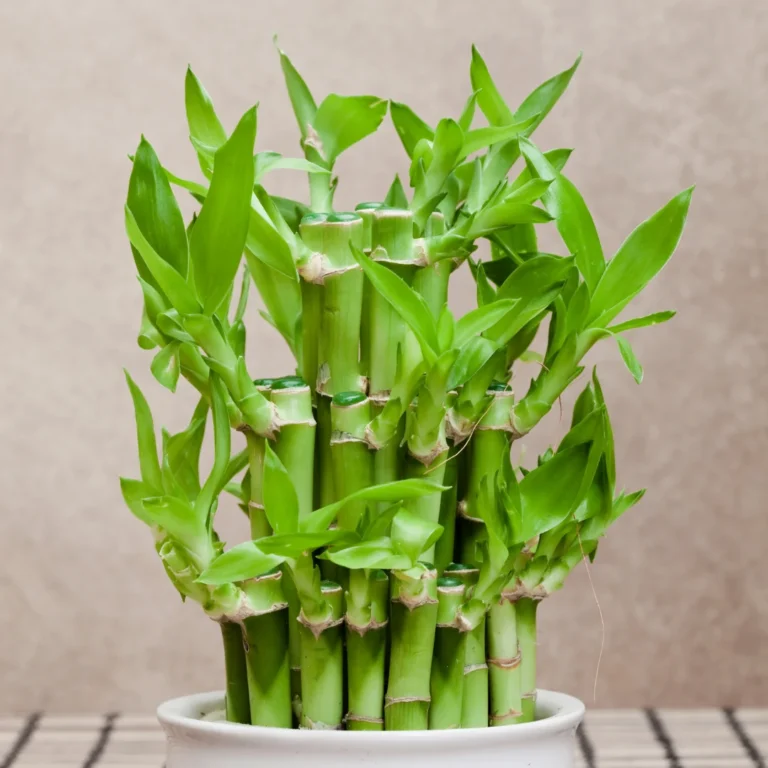
Light: Thrives in low to bright, indirect light.
Soil type: Prefers slightly acidic, sandy soil that’s moist and drains well.
Water requiremnt: Allow the top 2 inches of soil to dry before watering.
Benefits of Lucky Bamboo
- Considered a symbol of good fortune and prosperity in many cultures.
- Believed to bring positive energy into the home, enhancing harmony and balance.
- Helps remove toxins like formaldehyde, benzene, and carbon dioxide from indoor air, promoting cleaner and healthier air quality.
Boston Fern (Nephrolepis exaltata)
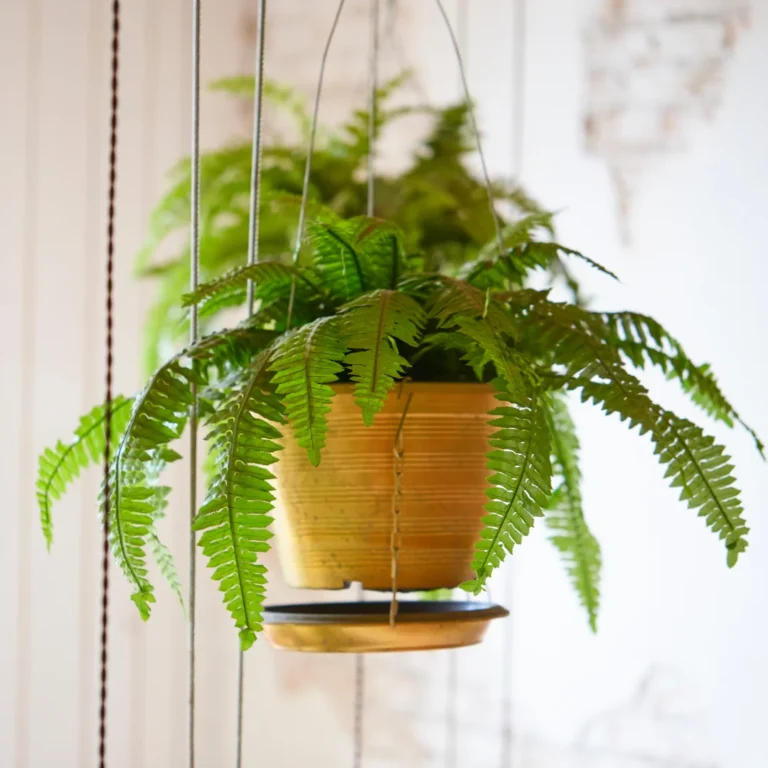
Light: Prefers bright, indirect light.
Soil type: Needs well-draining, acidic soil.
Water requirement: Keep soil consistently moist but not waterlogged. Mist regularly to maintain humidity.
Benefits of Boston Fern
- Boston ferns are excellent air purifiers, helping to remove pollutants and toxins from indoor air.
- They naturally add moisture to the air, making them beneficial for maintaining humidity levels.
- Their presence can create a calming atmosphere.
Silver Pothos
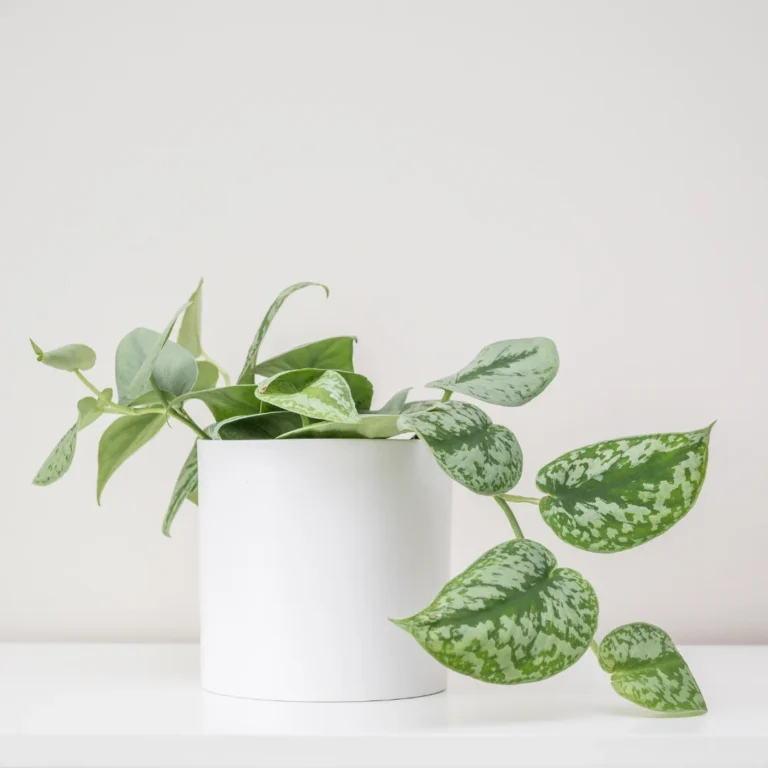
Light: Thrives in low to bright, indirect light.
Soil: Prefers well-draining soil.
Water: Allow the top inch of soil to dry out between waterings.
Benefits of Silver Pothos
- Helps to remove toxins like formaldehyde, benzene, and xylene from indoor air, improving air quality.
- Studies suggest silver pothos can contribute to a calm environment.
Anthurium
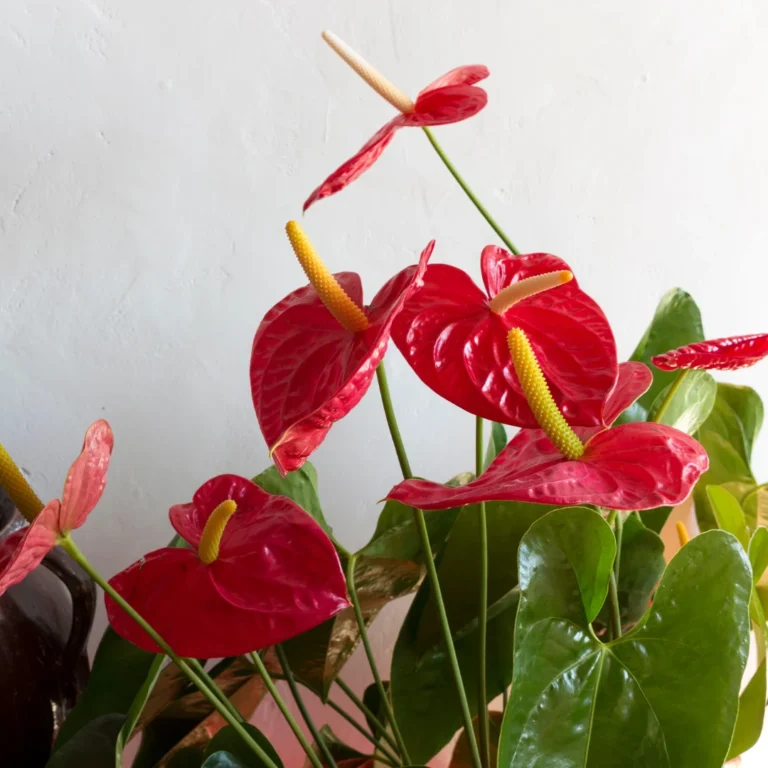
Light: Enjoys bright, indirect light.
Soil type: Prefers well-draining soil mix.
Water requirement: Keep soil consistently moist but not soggy. Allow the top inch of soil to dry out before watering again.
Benefits of Anthurium
- Remove airborne toxins such as formaldehyde, ammonia, and xylene.
- A suitable choice for individuals with allergies or sensitivities to airborne allergens.
- Some studies suggest that indoor plants like Anthuriums can reduce stress and improve mood.


